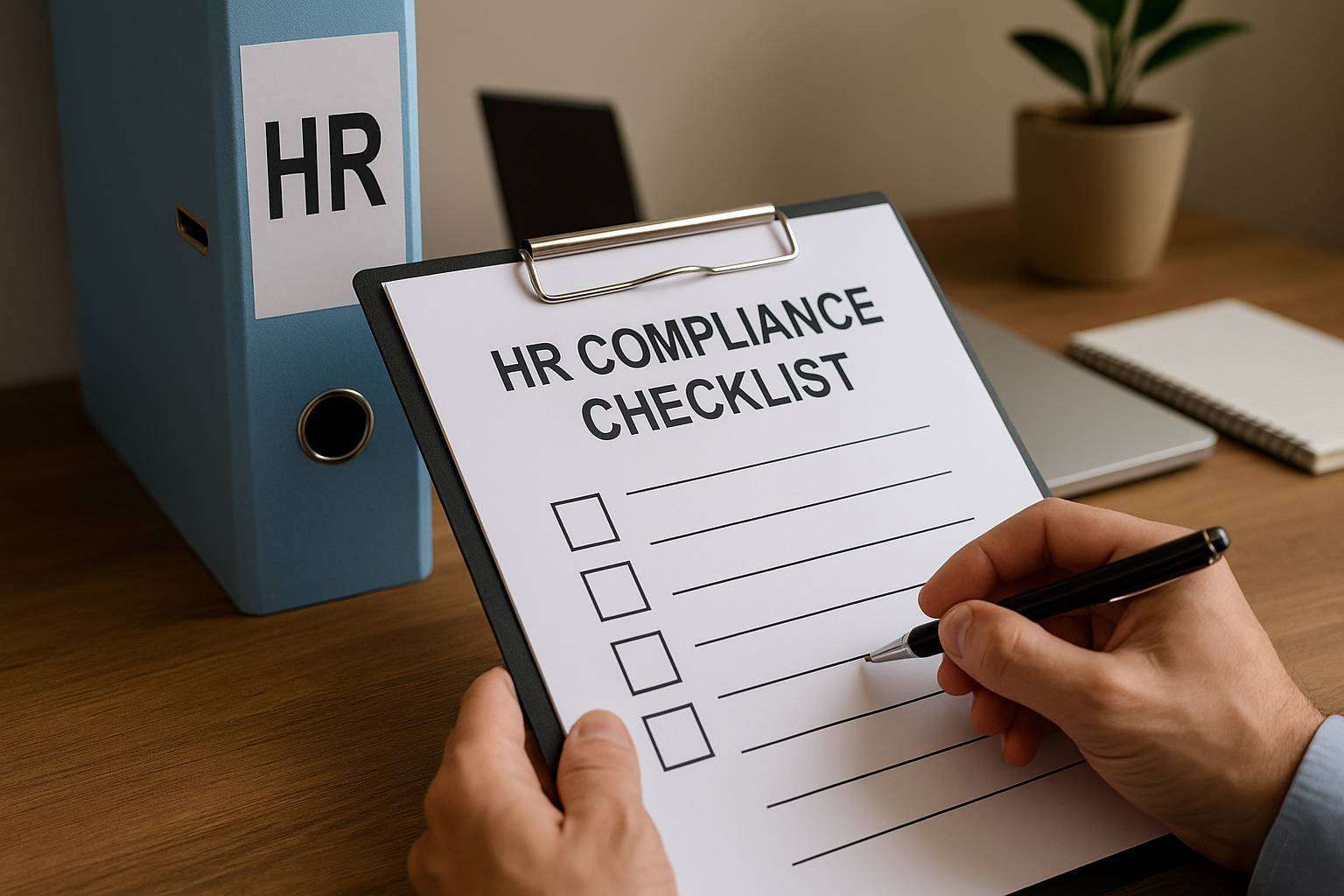In recent years, Fair Work-related claims have surged across Australia. From underpayment cases to procedural errors in dismissals, businesses are being caught out—not because they’re acting maliciously, but because they lack a thorough understanding of what compliance truly requires.
There’s a widespread misconception among employers that a signed contract, a verbal warning, or a manager’s gut instinct is enough to justify termination. Under Australian law, however, it’s the process, not just the reason, that matters.
The Fair Work Commission (FWC) doesn’t simply evaluate whether an employee deserved to be terminated. It scrutinises whether the employer:
- Conducted a fair and impartial investigation
- Provided the employee with an opportunity to respond
- Issued appropriate and documented warnings
- Made a decision proportionate to the behaviour
- Followed internal procedures and demonstrated procedural fairness
Failing to meet these expectations—particularly in cases of dismissal—can lead to costly, reputation-damaging claims.
Common HR Mistakes That Lead to Fair Work Claims
- Skipping investigations – Many employers jump to conclusions without verifying facts, interviewing witnesses, or documenting incidents.
- Lack of proper warnings – Relying on informal conversations or vague documentation leaves employers exposed.
- Poorly managed terminations – Terminating an employee without clear reasoning or support from policy increases legal risk.
- Inconsistent policy enforcement – Saying one thing in the employee handbook but doing another in practice.
- Misunderstanding probation rules – Even probationary employees are protected under general protections provisions.
HR Compliance in Australia: What It Really Means
True compliance goes far beyond ticking a box. It requires a structured, strategic approach to human resource management—one that aligns documentation, systems, people, and policies.
Key components include:
- Regular training for managers and supervisors
- A clear and accessible set of workplace policies
- Documented disciplinary and grievance procedures
- Independent support for performance management
Compliance must be proactive, not reactive. Businesses that rely on ad hoc HR management often find themselves on the back foot when something goes wrong.
Real-World Example: A Costly Oversight
A mid-sized Australian business recently faced an unfair dismissal claim after terminating a staff member for underperformance. They believed they were protected because a warning had been issued, and the employee was on a performance improvement plan.
However, the dismissal came shortly after a workplace disagreement and was not supported by:
- A formal investigation into the incident
- A response opportunity for the employee
- Documentation consistent with the company’s own HR policies
The Fair Work Commission found that the termination was procedurally unfair, even though the performance concerns were legitimate. The business was ordered to pay over $14,000 in compensation.
This is a cautionary tale that plays out frequently in Australia. Employers often believe they are acting fairly, but their failure to follow correct process leads to serious financial and reputational damage.
Policy Is Only Powerful If It’s Followed
It’s not enough to have workplace policies sitting in a digital folder. The Fair Work Ombudsman has repeatedly stated that policies must be accessible, up to date, and actively applied in daily operations.
This includes:
- Policy induction for new starters
- Annual policy refreshers for all staff
- Role-specific training for people leaders
- Evidence of policy enforcement when needed
Even well-written documents will fail to protect your business if they are not embedded into how work actually happens.
Rethinking HR: An External Resource to Benchmark Against
Businesses looking to ensure their HR systems are compliant and effective often benchmark themselves against well-structured services. For instance, Hack Your HR offers a comprehensive approach to HR compliance in Australia. Their work focuses on building real-world systems that hold up under scrutiny—particularly during audits, investigations, or legal disputes.
They provide:
- HR audits and policy reviews
- HRIS system design and implementation
- Advice on workplace investigations and dismissal risk
- Training and documentation aligned with the Fair Work Act
While every business is different, using services like this as a model for HR maturity can help organisations improve how they manage risk and protect their people.
Final Thoughts: Process is Your Best Defence
Compliance is no longer optional. The increasing sophistication of the Fair Work Commission, union representatives, and legal advisors means that even small errors can cost thousands.
Building a culture of fairness, supported by strong documentation and consistent practices, isn’t just a legal requirement—it’s a commercial imperative.
If your business hasn’t reviewed its HR systems recently, it may be time to act. A single claim could outweigh years of HR cost-cutting.
Need a second opinion on your compliance framework? External HR providers like Hack Your HR offer audits, templates, and advisory services designed to meet modern Australian standards.
